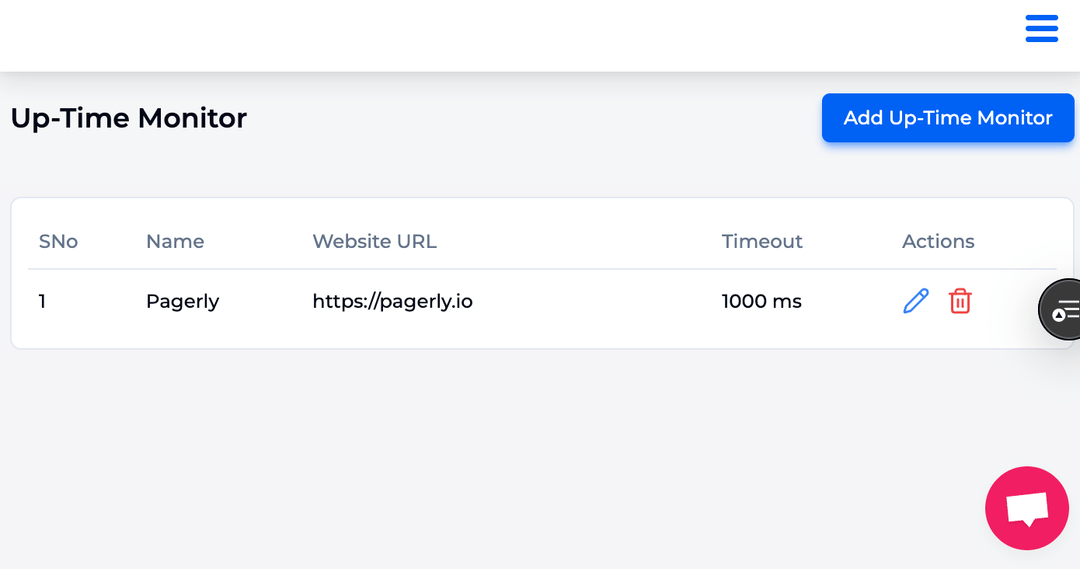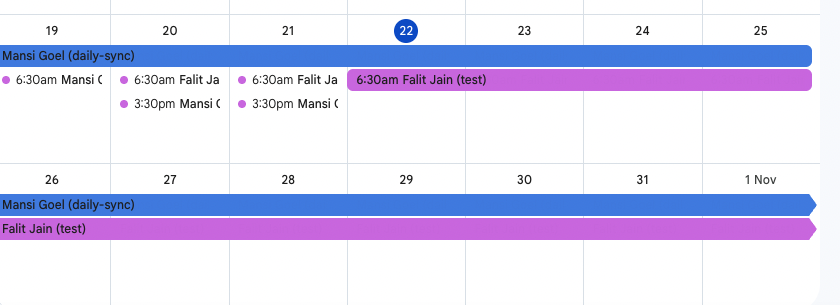
When a worker is needed to be available for work at short notice, they are assigned to on-call duty. It could entail being available around-the-clock or during regular business hours. An employee who is on call duty can wait for a potential call at home, at work, or anywhere else.
It is imperative that he be contacted within the time frame that was originally set, and that his job gets underway as soon as possible. The on-call responsibility may pertain to a particular task or employment, or it may be general in nature.
Although an employee on call is not working, they must be ready to work when called upon. It implies that the worker may be called in to work at any moment, including after hours.
Responding to vehicle collisions, house fires, and other crises are the local firefighters. Firefighters are required to wait for calls from emergency dispatchers at the fire station. In their free time, they supply first aid supplies, clean and organise equipment, and make sure all emergency vehicles are in good operating order.
In clinics and doctor's offices, general practitioners do standard physical examinations. It includes assessing their weight, blood pressure, heart rate, and respiration. They direct patients with more serious illnesses or accidents to experts. GPs may answer patient calls after hours. Over the phone, they could assess and provide advice on ailments, allergic reactions, and injuries.
An employment contract that specifies if and for how long on-call duty will be offered can be negotiated by employers and employees. If a worker has committed to being on call, he or she is required to report to work and complete any assigned tasks as needed.
Duties associated with on-call shifts occur after regular business hours. As part of this type of on-call time, employees are typically expected to be accessible for work on weekends or throughout the evenings. They are free to select where they go.
But they ought to be prepared for usage right away. This implies that in the event of a call, they should be close to the workplace and have their work gear ready to go. If an employee is unable to promptly report for work, the employer might not be held accountable.
Employees have the freedom to select not only where they work but also how they want to spend their time and finish tasks when they are on call. Depending on the profession, a job assignment can take several forms. For instance, IT specialists can use the internet to repair issues from their homes, but internal personnel typically need to address flaws at the company location.
Depending on the employment type and area, different laws apply to on-call work. Here are some important things to think about:
Depending on the employment type and area, different laws apply to on-call work. Here are some important things to think about:
Minimum wage and overtime: In many places, if an employee is compelled to stay close to their place of employment or is limited from engaging in personal activities, their time spent on call may be considered work time for the purposes of minimum wage and overtime regulations. For details, see the labour laws in your area.
Meal and rest breaks: Make sure that the rules governing meal and rest breaks are followed if on-call times exceed regular business hours.
Requirements for notice: In certain areas, employees must be given a set amount of notice before being called upon to be on call.
Several variables affect how on-call compensation is calculated, such as:
The following are some typical wage scales:
Important things for employers to think about:
Recall that best practices and legal requirements differ. Legal advice and the appropriate authorities should be consulted regarding local regulations.
In addition to following the law, take into account these recommended procedures for equitable and clear on-call pay:
Different criteria determine how much is paid for on-call work:
Yes, based on existing case law, on-call duties may be categorised as working time in some situations. This is particularly true if an employee's free time during their on-call shift is restricted.
This would be working hours, for instance, if staff members were not allowed to take a break or move from their workstations. Working hours may also apply if the on-call job prohibits the employee from engaging in other activities or socialising with friends and family.
Just the time spent being available for work is deemed to be worked by the individual. Rest time is the period of time an employee is on call but not working.
On Saturdays, for instance, a home technician is available from 8 a.m. until 4 p.m. Due to his workload, he is called off on Saturday at 11 a.m. In an attempt to diagnose the issue and fix it as soon as possible, he dashes to the facility. His job assignment is only two hours long, which is considered to be working hours under the Working Hours Act. The remaining standby time rest period will be taken into account.
According to labour law, driving during on-call duty typically does not count as working time. You would only include it in extraordinary circumstances. Employees are not allowed to pick where they work when they have to report to work in a hurry. Long commutes and little leisure time may result from it.
For instance, it is not possible for an internal technician who is on call at the business location to freely arrange his workday if he must travel a considerable distance to be there in the allotted personal time. Here, driving time is included in the calculation of working time. Workers who are relieved of their duties during an on-call shift have to be permitted to have a break.
Working during on-call hours is one option. This is true whether the person who is on call is compelled to work during that time or faces limitations on how they can spend their leisure time during that time.
If an employee is on call during working hours, their employer is obligated to make sure they receive the legally mandated minimum rest times and compensation for their on-call time.
You should consult your employer or a lawyer if you have any issues regarding your rights and responsibilities as an on-call worker, including whether your on-call duty constitutes working time.

